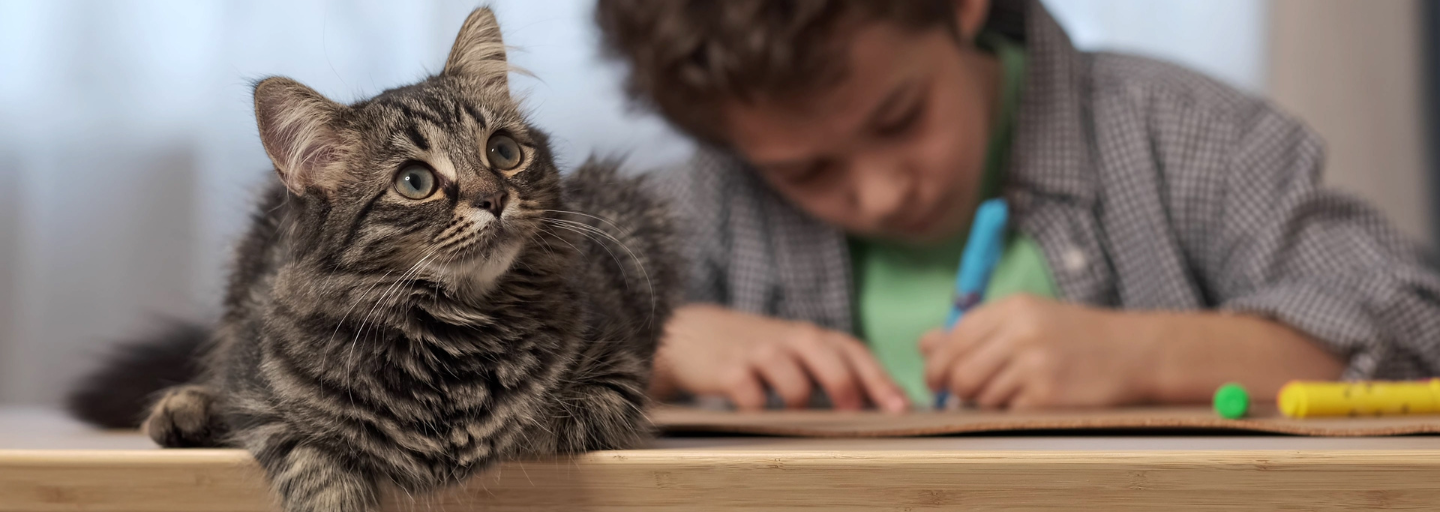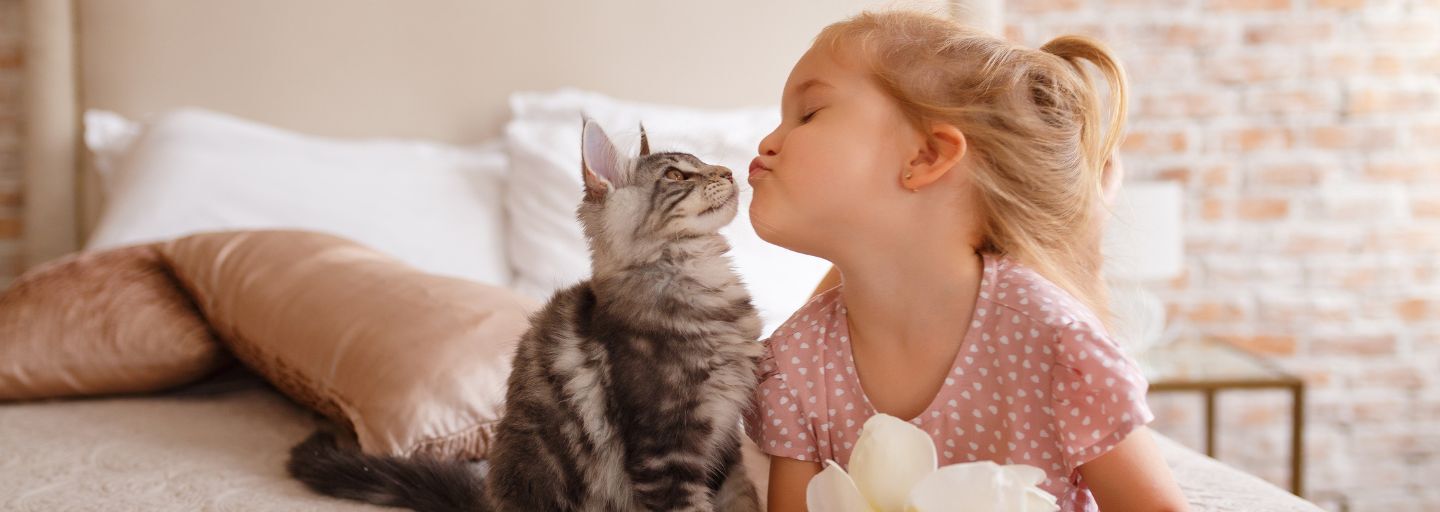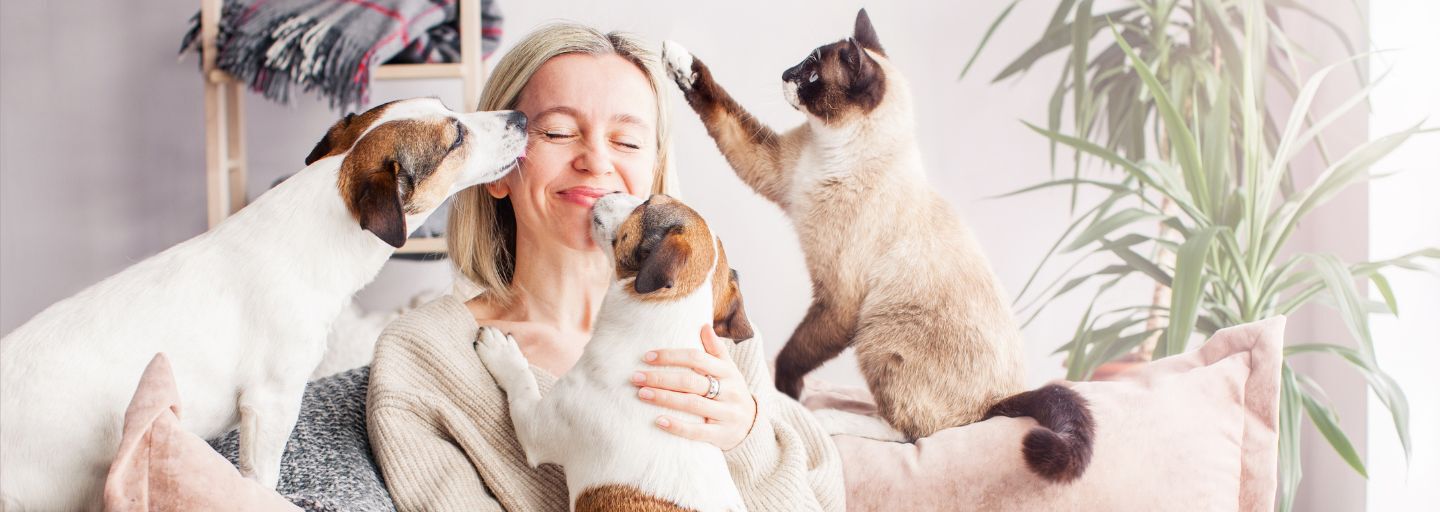As the back-to-school season approaches, families gear up for a change in routine. While this transition can be exciting for children, it may pose challenges for our furry friends who have become accustomed to the summer hustle and bustle. Here are some tips to ensure your pet remains happy and well-adjusted as kids head back to school:
Gradual Adjustments:
Start adjusting your pet to the new routine a few weeks before school starts. Gradually shift feeding times, walks, and play sessions to align with the upcoming schedule. This helps pets acclimate without sudden disruptions.
Consistent Schedule:
Pets thrive on routine, so try to maintain a consistent daily schedule. Feed them at the same times each day, establish regular walk times, and allocate specific play periods. Predictability helps reduce anxiety and ensures your pet feels secure.
Create a Comfortable Space:
Designate a comfortable area for your pet to rest while the house is quiet. This could be a cozy corner with their bed or a favourite blanket. Having a safe and calm space provides them with a retreat during the more hectic times of the day.
Interactive Toys:
Keep your pet engaged with interactive toys. Puzzle feeders or toys that dispense treats can be excellent distractions during quiet hours. This not only provides mental stimulation but also helps alleviate any feelings of loneliness.
Daily Exercise:
Maintain an adequate exercise routine. Regular walks, playtime, or even a game of fetch in the backyard can help expend excess energy and keep your pet physically and mentally stimulated.
Positive Reinforcement:
Encourage positive associations with the departure and return of family members. Offer treats or affection when leaving or arriving home to create a positive experience around these events. This can help reduce separation anxiety.
Enlist Help if Needed:
If your schedule is particularly busy, consider hiring a pet sitter or asking a neighbour for assistance. Having someone check in on your pet during the day can break up long periods of solitude. If your pet is particularly anxious or struggles with the change in routine, consider enlisting the help of a professional. A veterinarian can provide guidance and recommend strategies to alleviate your pet's anxiety.
Transition Period for Young Pets:
If you have a new puppy or kitten, they might require more attention and training. Gradually increase the time they spend alone, starting with short intervals and gradually extending as they become more comfortable.




